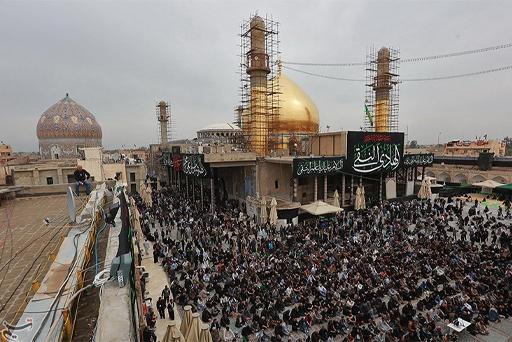4.3 The heritage value justification (again)
The force-multiplier argument in Section 4.2 says that we may put lives in danger, or perhaps even kill, in order to protect heritage because doing so may allow us to save more lives in the long run.
However, a position which attempts to justify sacrificing human lives to protect heritage only in virtue of its force-multiplier benefits could be criticised as narrow-minded. Just as with the original economic justification for rebuilding Notre-Dame, we might insist that these economic/force-multiplier arguments neglect to acknowledge the full range of heritage values.
To remind you about Week 1, heritage values include:
- aesthetic value – its beauty or visual appeal
- commemorative value – its role as evidence or as a memorial to a person or an event
- historical value – the information it contains about important historic events or time periods
- scientific value – its capacity to produce new knowledge for scientists or other scholars
- moral value – derived through ethical relationships (e.g. it may deserve protection as the culmination of many lives’ work or teach us an important lesson – a warning against repeating past mistakes)
- associative/symbolic value – derived through symbolic connection to certain ideals or concepts
- spiritual value – its significance as a religious site or artefact, the role it plays in spiritual practices (Figure 13).
Importantly, a proponent of the heritage value justification might argue that not only do these values matter (which is consistent with the humanitarian position), but also they sometimes matter as much, or more than, human lives. Hence, this position holds that it could sometimes be worth protecting heritage, even if doing so would only impose risks or harms on human beings and there were no force-multiplier benefits whatsoever.
In other words, it could be permissible to sacrifice a few soldiers’ lives to protect an ancient archaeological site, not because it would help end the war faster, or benefit the economy of the society post-conflict. Rather, because it is beautiful, or spiritually important, or contains valuable information about our shared history.
Once again, we face a philosophical puzzle.
- How can historical, commemorative or associative values be compared against the avoidance of suffering, or the saving of a life?
- Can the valuable features of heritage really be so valuable that protecting them is more important than protecting people?
These questions, and the difficulties involved in answering them, are considered again in the final week of the course.
The next section of this course will get you to reflect on what you have learned by answering five short questions.

